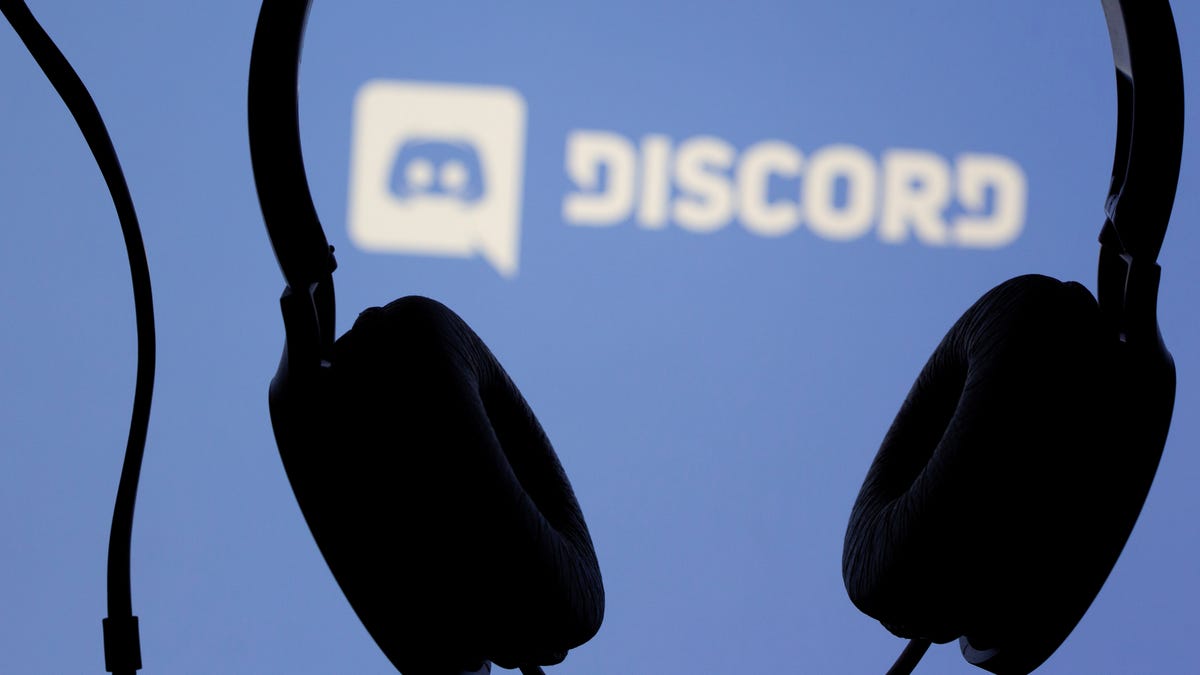- cross-posted to:
- [email protected]
- cross-posted to:
- [email protected]
This is just one action in a coming conflict. It will be interesting to see how this shakes out. Does the record industry win and digital likenesses become outlawed, even taboo? Or does voice, appearance etc just become another sets of rights that musicians will have to negotiate during a record deal?



First I thought you were writing incoherently, but now I understand your point.
I agree with what you said, that our “art” is most likely just something akin to bird song. Maybe even less or something else entirely.
My point of view: Birds also have a “rebellious phase” where their songs differ from the songs of the general population. They are experimenting with new and unorthodox songs. These go away after they come of age and have to find a mate. My hypothesis (well, I’m no bird) is that there is a lot of emotional impact in these bird songs, whereas in some songs humans produce, much which previously required emotional awareness or emotional connection is now being replaced by templates, methods and formulas to make music. It’s some sort of depersonalization or objectification of the process of making music. This is probably what you meant by “it isn’t art anymore”.
Did I get right, what you were trying to convey?
yeah my english is not good enough to explain things like that any better. sorry.
i read deezer said customers 30 and older do not listen to new genres.(unless forced to find a mating partner) there is no interest in the usual music consumption toexperience art or even just change. it is the rhythm of your tribe. to feel comfy. to not feel alone. thats not art. why would anyone have the rights to the rhythm of anyones tribe. absurd. art is sth. else. and popular music is just the peak of what you described.